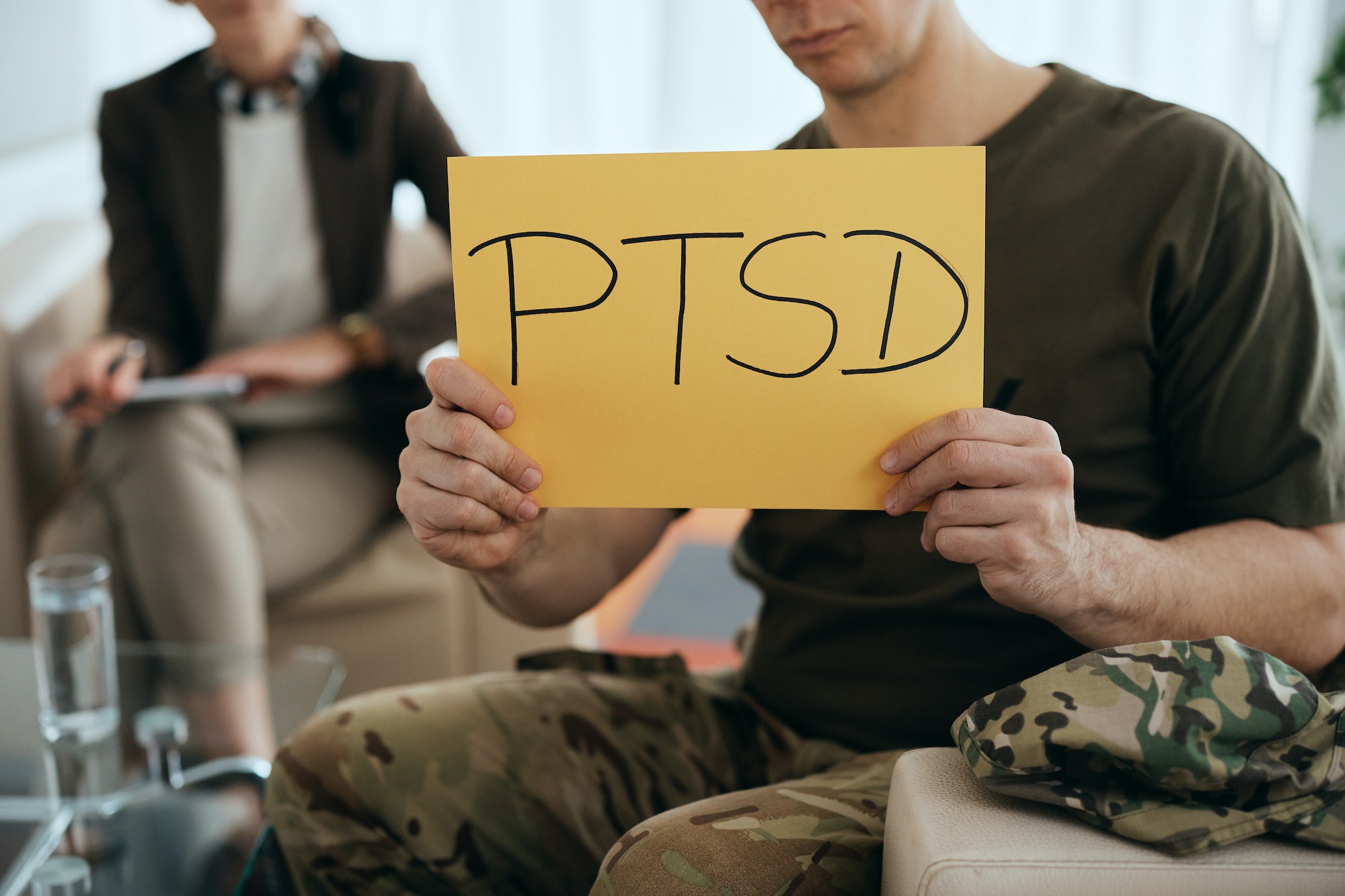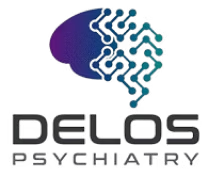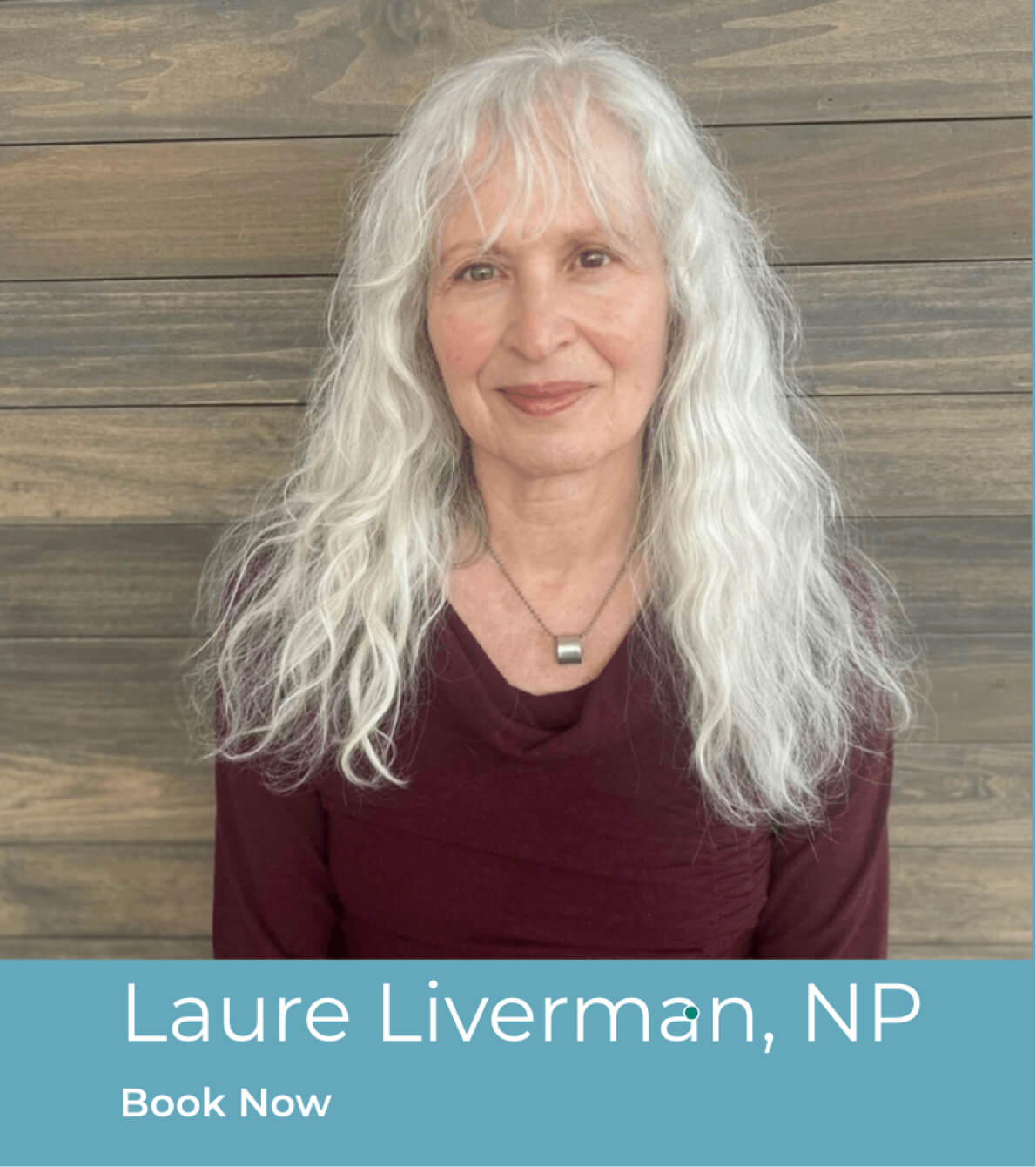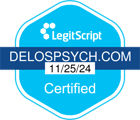PTSD
- Home
- PTSD
PTSD Therapy Specialist in Boulder, CO
At Delos Psychiatry, we can help you navigate your post-traumatic stress disorder (PTSD) in a safe and comfortable environment. Our compassionate staff is dedicated to restoring life balance to those that have experienced trauma. Contact us today or book online – we’re happy to answer any questions you may have. You can also visit us at 2501 Walnut St. Suite 204 Boulder, CO 80302.
What is Post-traumatic stress disorder (PTSD)?
Post-traumatic stress disorder (PTSD) is a mental health condition triggered by experiencing or witnessing an incredibly stressful and frightening event. Those with PTSD often experience flashbacks, nightmares, severe anxiety, and depression, and are often unable to control the extent to which they think about the event.
While most people who go through traumatic events experience short-term difficulty coping, those with PTSD experience symptoms that are long-term and that affect their ability to enjoy their day-to-day lives.
What are the signs and symptoms of PTSD?
Post-traumatic stress disorder can be difficult to diagnose because symptoms can present months, or even years after the traumatic event is experienced. However, the symptoms of PTSD often cause significant problems in one’s ability to participate in day-to-day activities and maintain personal and professional relationships.
Symptoms are typically grouped into four types: avoidance, intrusive memories, negative changes in thought patterns and mood, and variations in emotional and physical reactions. These symptoms can vary in severity over time and fluctuate depending on the individual.
Symptoms of avoidance include:
● Refusal to acknowledge the traumatic event
● Trying to distract yourself from thinking or talking about the traumatic event
● Purposefully avoiding places or people that remind you of the event
Symptoms associated with intrusive memories are:
● Recurring and disturbing memories of the traumatic event
● Flashbacks (feeling like you’re experiencing the traumatic event again)
● Frequent or recurrent nightmares
● Severe emotional or physical responses to certain triggers
Symptoms of mood and thought changes include:
● Difficulty maintaining personal and professional relationships
● Increase in negative thoughts about yourself, other people, places, etc.
● Feeling hopeless about the future
● Decreased memory function, including not remembering details of the traumatic event
● Feeling consistently overwhelmed
● Feeling detached from family, friends, work, goals, etc.
● Losing interest in hobbies or activities you once enjoyed
● Feeling apathetic towards people and things that once brought you joy
● Feeling emotionally numb or distant
Changes in physical and emotional reactions include:
● High emotional sensitivity (being easily startled, frightened, upset, overwhelmed, etc)
● Feeling like you’re always on high alert for danger
● Participating in self-destructive behavior
● Developing substance abuse problems
● Difficulty sleeping or having poor quality sleep
● Trouble focusing
● High levels of irritability
● Experiencing frequent bursts of anger or aggressive behavior
● Feeling overwhelmed with guilt or shame

What is the best treatment for PTSD?
Getting treatment for post-traumatic stress disorder (PTSD) is the best way to process your trauma and regain a sense of purpose and control in your life. PTSD is usually treated with psychotherapy, medication, or a combination of the two.
Your therapist may suggest private therapy, group therapy, or a mix of the two. The most common and effective types of psychotherapy used to treat PTSD are:
● Cognitive. In which you learn to address the patterns of thinking that are negatively affecting you and use specific mental tools in order to change them.
● Exposure. In which you face triggering situations and memories in a safe, controlled environment so you can learn to cope with them effectively.
● Eye movement desensitization and reprocessing (EMDR). This combines specific guided eye movement with exposure therapy to change how you react to certain stimuli.
Medication may also be prescribed to help you manage and/or improve your symptoms. This may include antidepressants, anti-anxiety medications, and pills like Prazosin which can act as dream/nightmare suppressants.
Treatment will help to teach you healthy coping skills, how to combat symptoms, and how to best set yourself up for success in the future. It can also help you to address any coinciding mental or physical issues that may be happening alongside your PTSD. You and your mental health professional can discuss what type of therapy or combination of therapies will work best for your unique case.
What does PTSD feel like physically?
People with PTSD often have intense, disturbing, and disruptive thoughts and feelings related to their traumatic experiences. They can often feel like they’re reliving parts of their trauma long after the event itself has passed. This may be through flashbacks or nightmares, or it might also manifest as severe emotional reactions or complete despondence.
People with post-traumatic stress disorder often avoid potentially triggering situations, environments, or people that remind them of their trauma. They may also experience strong negative reactions to certain stimuli, such as loud noises, accidental touching, or seeing particular images.
If you or someone that you love is experiencing PTSD or any trauma-related issue, the professionals at Delos Psychiatry can help. We’re here to help support you no matter where you are in your journey and can provide the tools and resources for a better quality of life. Contact us today for more information – we’re happy to help answer any questions that you may have about our offered services. You can also visit us at 2501 Walnut St. Suite 204 Boulder, CO 80302. We serve patients from Boulder CO, Denver CO, Silverthorne CO, Longmont CO, Superior CO, Lafayette CO, Broomfield CO, Erie CO, and Niwot CO.





